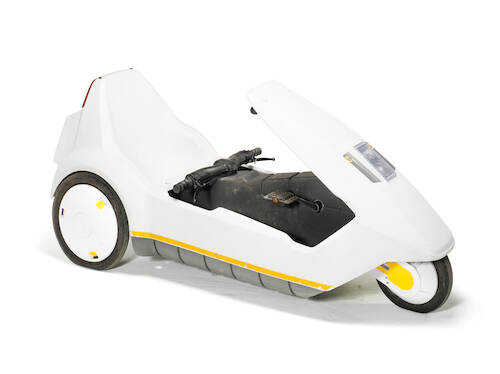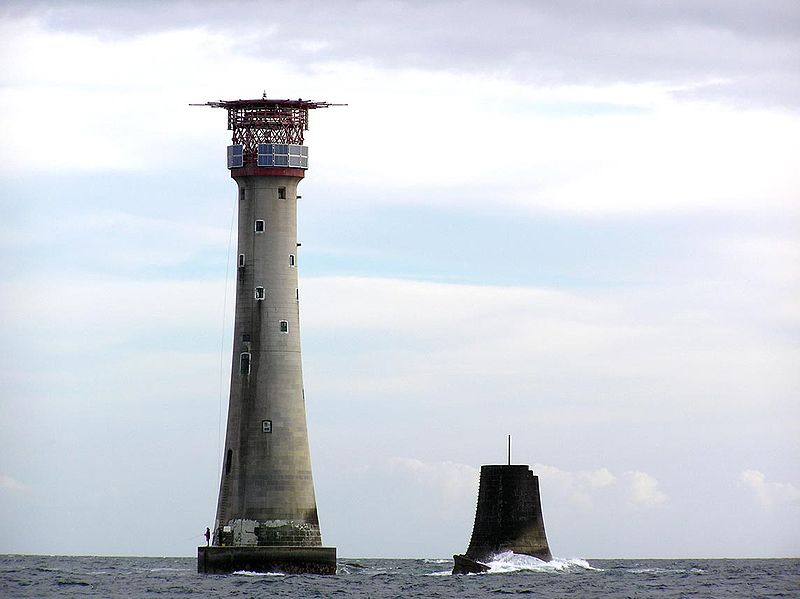What I found with organised open plan desks where teams are in tight clusters is that people can become quite tribal, defending nearby resources and establishing their own laws! Examples I saw were almost enforced silence except for agreed meeting times. Something that annoyed me was reduced interest in work in progress by some managers. They could now see who was at their desks working, so progress was assumed. Presumably these geniuses assumed that when progress hadn't been achieved in the past it was because staff were slacking off!
Anyway, the above hardly matters now because over time the need to adapt to new staff arriving, others leaving and projects ending, starting, etc. etc. means that many staff are sitting in spaces that became available rather than shoulder to shoulder with team mates. So 3, or maybe 4 moves on, I now find myself sitting by the entrance door. Not a popular spot, which was why I was able to secure it through a small number of swaps, but it suits me. One of the advantages being that it gives me some of the best notice board space in the building.
Most folks don't spend much time by my desk as they'd be blocking an entrance, but nearly all my colleagues will pass at least one each day, so they can't help but read any notice I put up. They're walking and I don't want them to stop to read, so I've established a routine of posting an A4 page with no more than 20 words in large font that I change frequently. Usually it's a quote from someone famous, but it could be anything that made me think, smile, or groan - depending on my mood.
So to get back to the point I was heading towards in my last post. I plan to extract short quotes from What Matters Now and post them on my desk to share with my colleagues.








 Another W.T. Cocking design from 1935. Unlike the 1934 Quality Amplifier it would be asking a bit much to build one of these from scratch today. Getting the valves would be fairly easy, but all those special variable selectivity transformers - not a hope.
Another W.T. Cocking design from 1935. Unlike the 1934 Quality Amplifier it would be asking a bit much to build one of these from scratch today. Getting the valves would be fairly easy, but all those special variable selectivity transformers - not a hope. The
The 





